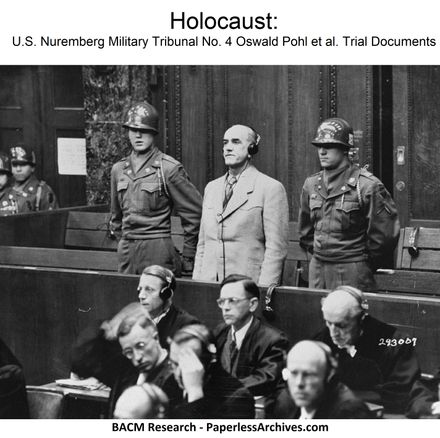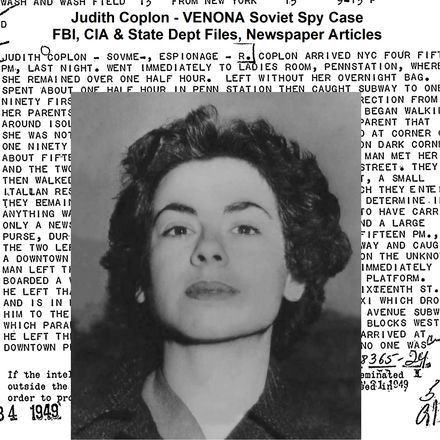$0
Civil War Court Martial Case Files of Moses J. Robinett [Robinette] (NN-2123)
Civil War Moses J. Robinett Civil War Court Martial Case Files & Lincoln Pardon
President Biden's Great-Great-Grandfather Moses J. Robinett Civil War Court Martial Case Files & Lincoln Pardon
38 pages of court martial case files of Moses J. Robinett [Robinette] (NN-2123) - Robinett is the Great-Great-Grandfather of Joseph Robinette Biden Jr., the 46th President of the United States of America.
The heaviest use of military tribunals in the United States occurred during the American Civil War, after President Abraham Lincoln suspended the writ of habeas corpus and authorized martial law in several regions.
Sections of this court martial case file includes:
Proceedings of a General Court Martial (NN-2123) in the Case of M. J. Robinett, Citizen, April 18, 1864
This section is made up of the manuscript pages of the files of the proceedings of the court martial of Moses J. Robinett [Robinette], a civilian serving as a veterinary surgeon with the U.S. Army Quartermaster's Department, assigned to the Army of the Potomac's reserve artillery. Includes a transcript of the court martial.
Following a fight with a teamster, John J. Alexander, during which Alexander was cut with a penknife, Robinett was convicted of "Conduct prejudicial to good order and military discipline" and "Assault, with attempt to kill,” with the dropping of the words "with attempt to kill," from the verdict.
The transcript relates Robinett telling the court he was acting in self-defense.
Robinett was sentenced to two years’ incarceration at hard labor at Dry Tortugas, Florida.
Published Copy of Headquarters, Army of the Potomac General Court Martial Order No. 22, July 12, 1864
A typeset summary of the resolution of all cases tried at the Army of the Potomac General Court Martial Order No. 22, including Moses J. Robinett.
Letters to President Abraham Lincoln on Behalf of Moses J. Robinett from Two Captains Through Senator Waitman T. Willey, July 26 and August 19, 1864, and President Lincoln’s pardoning of Robinett
A petition to President Abraham Lincoln from three U.S. Army officers requesting that the conviction of Moses J. Robinett be overturned. West Virginia senator Waitman T. Willey wrote that the punishment handed down was, "a hard sentence on the case as stated." President Lincoln endorsed one letter. After Lincoln reviewed the case file, he endorsed one letter “Pardon of unexecuted part of punishment A. Lincoln Sep. 1. 1864.”
War Department Special Order No. 296 Regarding the Pardon of M. J. Robinett, September 6, 1864
Other material in this collection include:
Lincoln on Strategy (1995) - Excerpt - Pardons
An excerpt from the 1995 research report, "Lincoln on Strategy," covering Lincoln's use of pardons.
Military Tribunals: Historical Patterns and Lessons (2004)
A 2004 Congressional Research Service research report.
Abstract: This report summarizes the types of military tribunals that have functioned from the Revolutionary War to the present time, explaining the legislative enactments that have guided these tribunals and the judicial decisions that have reviewed their constitutionality. One of the principal methods of legislative control over military trials, including tribunals, are the Articles of War that Congress enacts into law. The Constitution vests in Congress the power to “constitute Tribunals inferior to the Supreme Court,” to “make rules for the Government and Regulation of the land and naval Forces,” and to “define and punish Piracies and Felonies committed on the high Seas, and Offences against the Law of Nations.” By enacting Articles of War, Congress defined not only the procedures but also the punishments to be applied to the field of military law.
Sections specific to the Civil War include Captain Henry Wirz Andersonville prison trial, Conspirators of Lincoln’s Assassination tribunals, Clemency for Mary Surratt, the case of Samuel A. Mudd and Tribunals from the Civil War to World War II.






